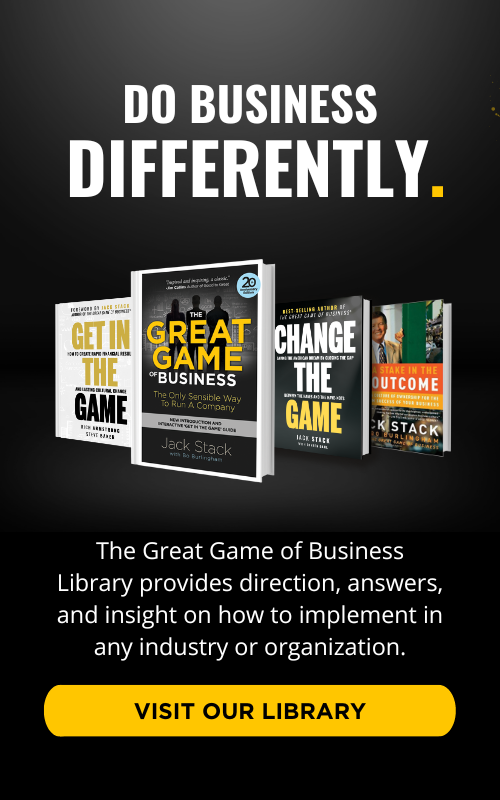Van Belle Nursery is a commercial supplier of trees, plants, and shrubs based in Abbotsford, British Columbia, Canada. The company, which was founded in 1973, ships to a variety of retailers in western Canada as well as in the northern U.S. Business Challenges One of the biggest challenges that the nursery faces is finding a way to build a cohesive company culture for its 100 associates, most of whom are immigrants from companies like Mexico, Iraq, Sudan, Zimbabwe, China, Costa Rica, Peru, Mexico, and India, and even a few from Canada.
Read More
U.S. Tower Services helps wireless phone providers like T-Mobile, AT&T, Sprint, U.S. cellular and Verizon build, maintain, and upgrade their communication towers. After starting out in St. Louis in 2002, U.S. Tower has expanded across the country and now has offices in Los Angeles, Phoenix, and Missoula, Montana – the hometown of the company’s founder, Chad Berg.
Read More
The turnaround story of Springfield Remanufacturing Company (SRC) that began back in 1983 has become an inspiration to thousands of businesses around the world. The key was using the analogy of a game – with rules, a scorecard, and rewards for winning – to help explain to every individual in the company how they could literally impact the bottom line. That premise became the foundation for a management system that’s now known as The Great Game of Business (GGOB) that, at its heart, is all about financial sustainability.
Read More
A mechanic by trade, Tom Bissonnette has been part of the auto body repair business in his hometown of Saskatoon, Saskatchewan, since the 1980s. It was in 2000 that the opportunity arose to purchase Parr Auto Body, a company specializing/that specialized in auto collision repairs. While the business proved successful over the next 12 years, Bissonnette saw room for improvement. While he had first come across Jack Stack’s book, The Great Game of Business, back in 1998, it was a newly hired consultant who suggested in 2012 that he implement its best practices in his own business.
Read More
Founded in January 2000 in Fort Worth, Texas, Texas Air Composites (TAC) repairs and overhauls aircraft for airlines and other private owners all over the world.
Read More
Tim Kerrigan has long been a believer in the power of open-book management and The Great Game of Business to turn around the performance of a company. In fact, it was during his first stint working for Stalcop, a manufacturer of cold-formed metals based in Thorntown, Indiana, that he helped pave the way for the company to begin sharing financial information among its 75 employees.
Read More
Why your company needs financial literacy training for successful open-book management. Have you ever watched a preschooler try to read a book? My youngest child has “read” me books since she was two – using only the pictures to come up with a story that might fit. My eight year old can pick up the same book and read it word-for-word. I would love to say it is because he is a super-genius, but the only difference between the two kids is education – he is literate because he has been taught to read. In business, we have to learn to read as well, except we don’t get colorful picture books. We get boring financial statements with the occasional highlighted section.
Read More
Have you ever considered how open-book management can make the process of attracting top talent into your organization easier? What about employee retention? My company – Netmail, a 100+ employee company – has been practicing open-book for the better part of a decade. During that time, I’ve found that leveraging our transparent culture has significantly increased our ability to attract, acquire and retain top talent in our organization.
Read More
The success of companies like SRC and other practitioners of the Great Game of Business continues to draw the curiosity of academics not just in the U.S., but also those around the world interested in decoding the secrets of what makes open-book companies tick. Here is a small sampling of some of the universities who have recently done research on The Great Game of Business:
Read More
“The difference between something good and something great is attention to detail.” - Charles Swindoll An alien spacecraft lands near a mobile home park (as alien spacecraft are prone to do) and abducts an earthling. As the extraterrestrials examine the human, they’re fascinated that one toe on each foot is much bigger than the other four. Why aren’t we earthlings similarly surprised when we see another person’s foot for the first time? Because it’s the norm. Like water to a fish. Ho-hum.
Read More

.png)


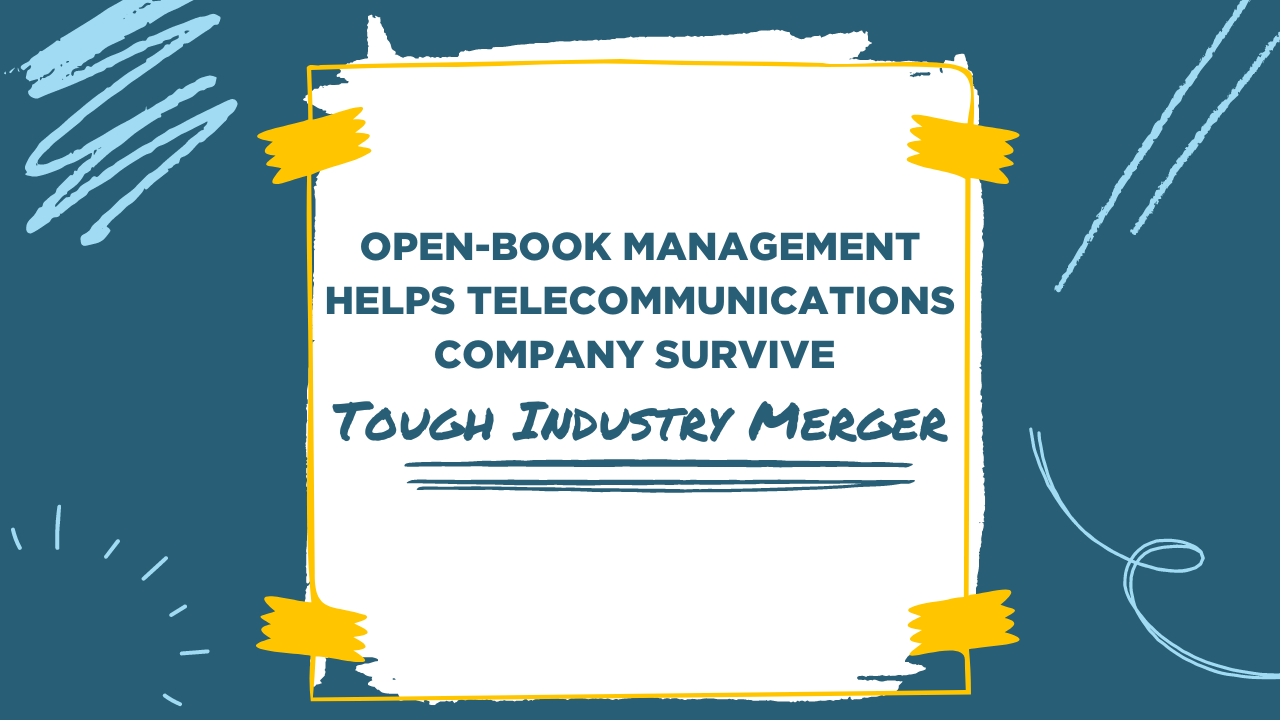
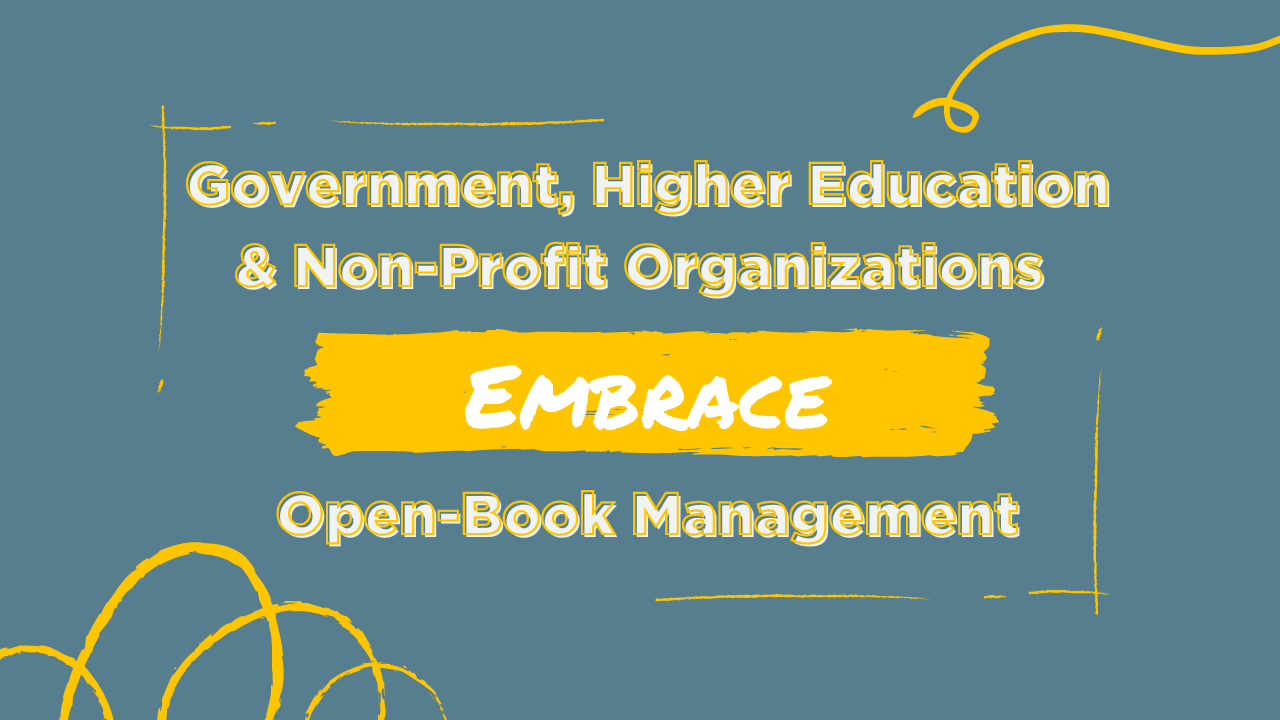
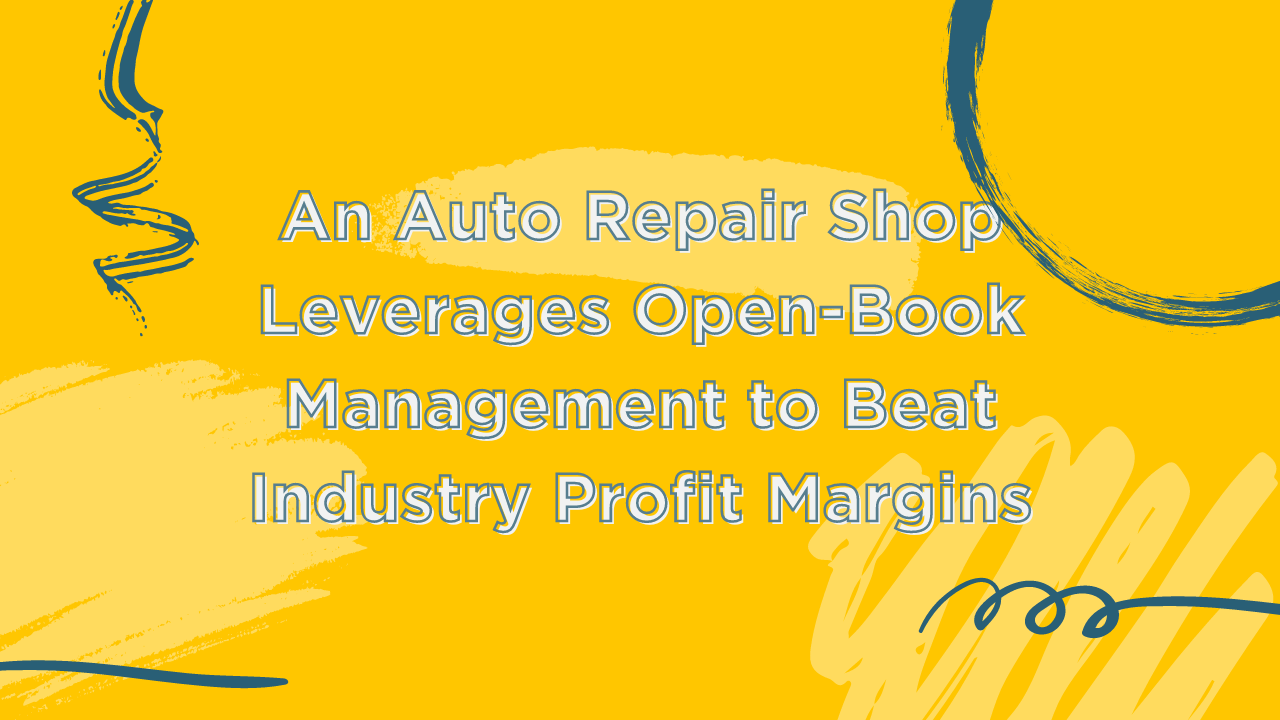


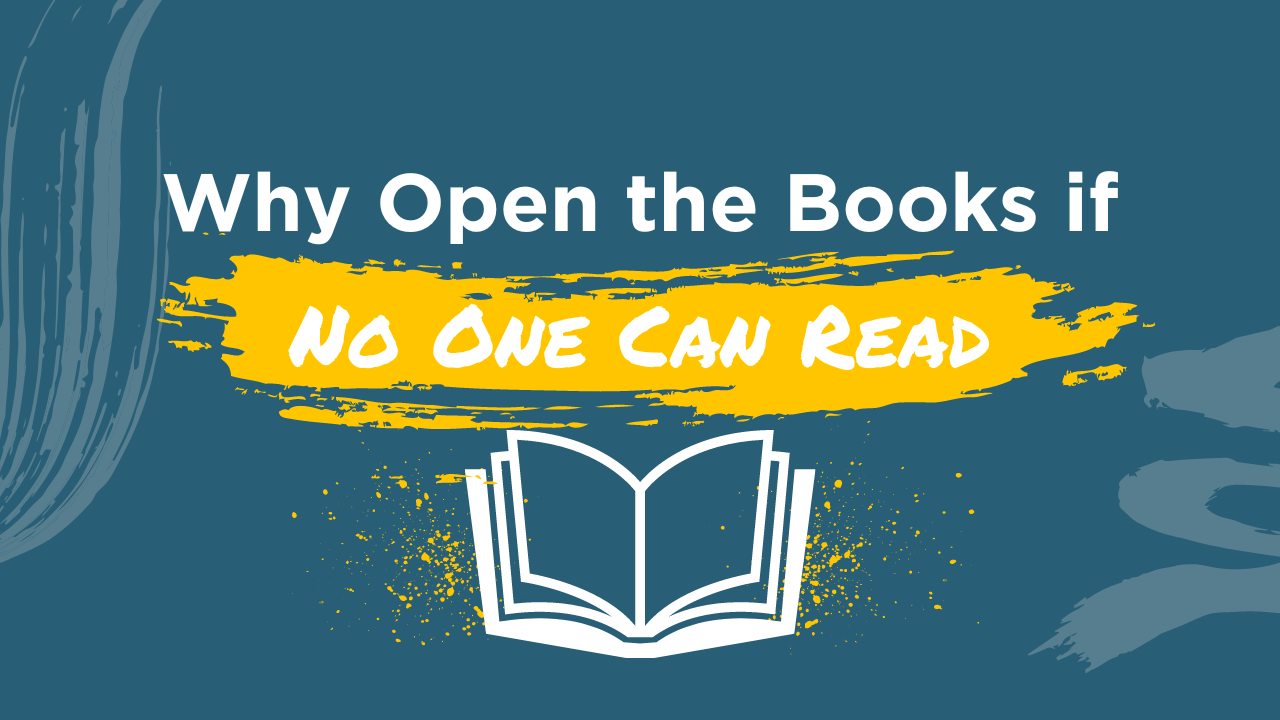







.png)



-5.png)

